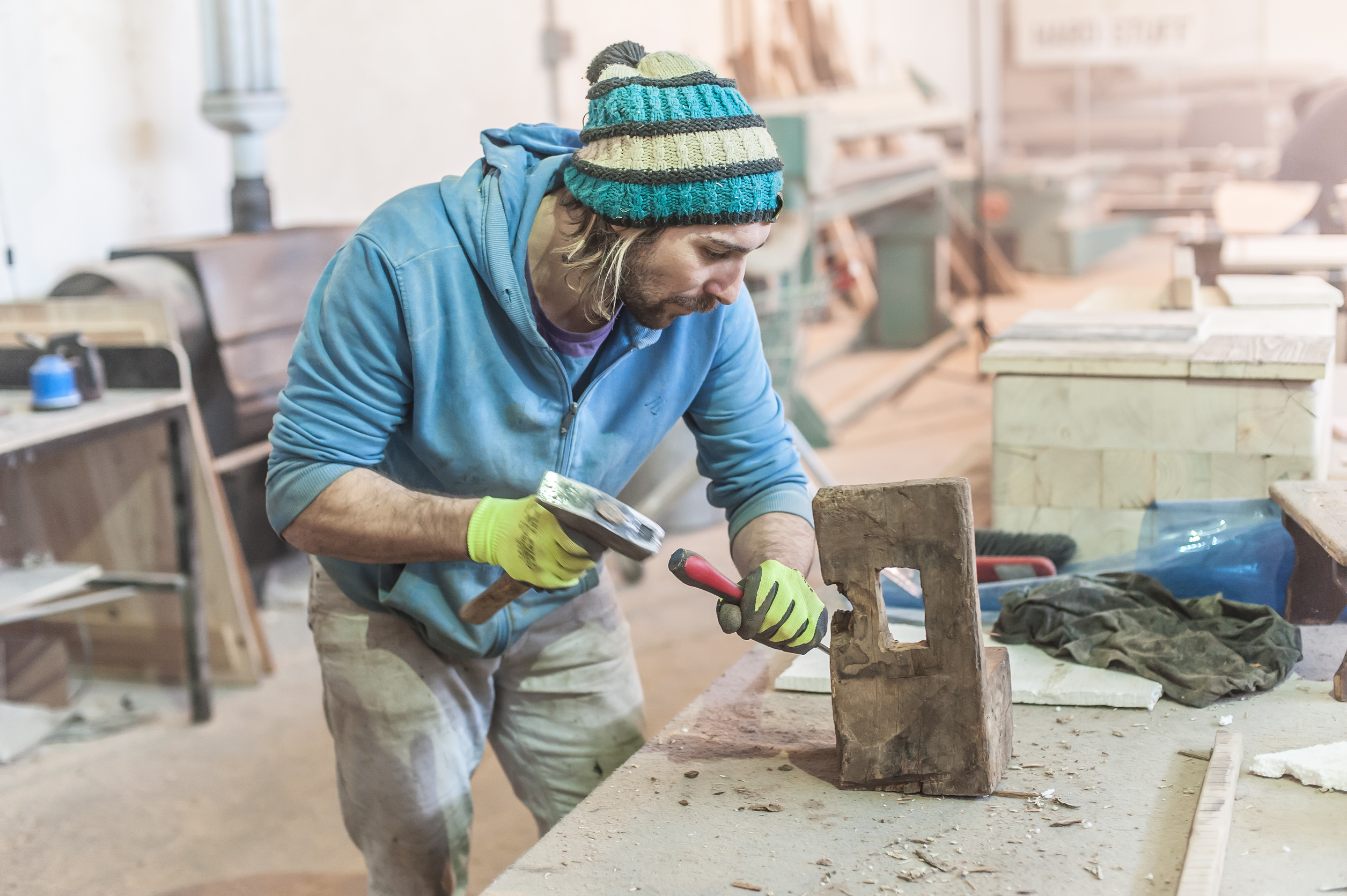
For decades, homeowners took pride in handling their own repairs, saving money and learning along the way. But recently, many states and municipalities have tightened licensing rules on certain jobs that used to be considered DIY-friendly. These changes were made to protect public safety, but they also create headaches for anyone used to fixing things without calling a professional. Getting caught without the proper license can result in hefty fines, project delays, or even denied permits when selling your home. That said, here’s a look at seven home repairs that you’ll need a license for (or else).
1. Electrical Rewiring and Panel Upgrades
Few DIY projects are as dangerous as electrical work, and that’s exactly why most areas now require a licensed electrician. Running new wires, upgrading breaker panels, or even installing additional outlets can all demand professional certification. Beyond safety concerns, insurance companies often refuse to cover fire damage if unlicensed work is discovered. What might seem like a quick money-saving fix could actually void your homeowner’s policy. The bottom line: Leave major electrical projects to the pros unless you hold an official license yourself.
2. Plumbing System Modifications
Swapping a faucet or unclogging a drain is one thing, but altering your home’s plumbing system is another story. In most regions, any work involving sewer lines, main water lines, or gas connections requires a plumbing license. That means tasks like moving a sink or installing a new shower drain fall into licensed territory. City inspectors often check these jobs when issuing permits for remodels, so cutting corners can backfire later. Licensed plumbers not only meet code but also ensure your home’s water system remains safe and efficient.
3. HVAC Installation and Repairs
Heating and cooling systems involve pressurized refrigerants and high-voltage connections, which makes them heavily regulated. Installing a new furnace, swapping out an air conditioning compressor, or even handling refrigerant lines typically requires an HVAC license. These chemicals can be hazardous to both people and the environment, which is why certification is taken so seriously. Homeowners who attempt DIY HVAC repairs risk fines and system damage that may cost more in the long run. When it comes to climate control, calling a licensed professional is often the only legal option.
4. Roof Replacements and Major Repairs
Climbing onto a roof with shingles and nails may feel like a classic weekend project, but roofing has moved into licensed territory in many states. While small patch jobs might slip under the radar, full replacements or structural repairs nearly always demand a licensed contractor. This is partly due to safety. Falls are one of the leading causes of injury in construction. It’s also about long-term durability since poorly installed roofs can cause water damage and mold. Hiring a licensed roofer protects your investment and your safety.
5. Structural Changes and Load-Bearing Walls
Any time you’re altering the bones of your house, expect licensing and permits to come into play. Knocking down a wall to open up your living space may look simple on TV, but it often requires an engineer’s approval and a licensed contractor. Structural integrity isn’t something local governments take lightly, since mistakes can put the entire home at risk. Without a license, you might not even be able to get the necessary permits to begin demolition. These projects are where professional oversight is absolutely non-negotiable.
6. Gas Line Installation or Relocation
Gas lines are among the most strictly regulated systems in any home, and for good reason. They can be deadly if mishandled. Installing a new gas stove, relocating a dryer hookup, or extending service to a fireplace all fall under licensed work. Leaks pose risks of explosion and carbon monoxide poisoning, so inspectors keep a close eye on these projects. DIY gas work is not only illegal in most jurisdictions but also potentially life-threatening. If your project involves gas, it’s one job you should never attempt without a licensed technician.
7. Pool and Spa Electrical or Plumbing Work
Owning a pool or hot tub comes with ongoing maintenance, but big upgrades are rarely DIY-friendly anymore. Any electrical wiring near water, like pumps, heaters, or lighting, requires a licensed professional. Plumbing work that ties into the home’s main systems is also closely regulated. These rules are meant to prevent electrocution risks and ensure sanitary water circulation. While maintaining water chemistry might be in your wheelhouse, major pool repairs usually belong in the hands of licensed contractors.
Why Knowing the Rules Saves You Money and Stress
Trying to skirt licensing laws may feel like a shortcut, but it often leads to expensive consequences. From voided warranties to failed inspections, the risks usually outweigh the upfront savings. Licensed professionals not only handle the technical work but also navigate the red tape of permits and code compliance for you. Understanding where DIY ends and licensed work begins can save you from costly mistakes. When in doubt, check your local building codes before starting that next home repair project.
Have you ever been surprised to learn a home repair you wanted to tackle required a license? Share your experience in the comments below!
What to Read Next…
- 8 Home Repairs That Turn Into Lawsuits After the Sale
- What’s Behind the Spike in Insurance Denials for Home Repairs?
- 9 Home Repair Projects That Are Riskier Than You Were Told
The post 7 Home Repairs That Now Require a License You Probably Don’t Have appeared first on Clever Dude Personal Finance & Money.







